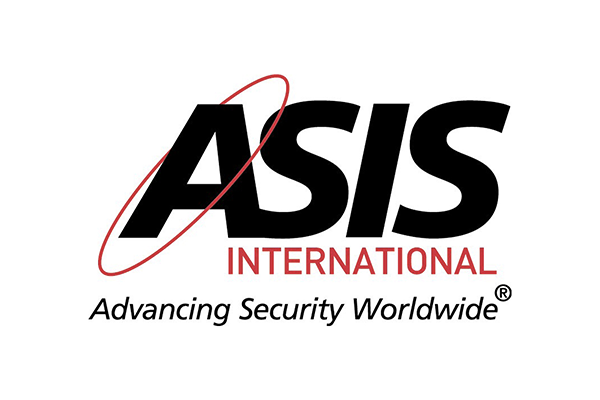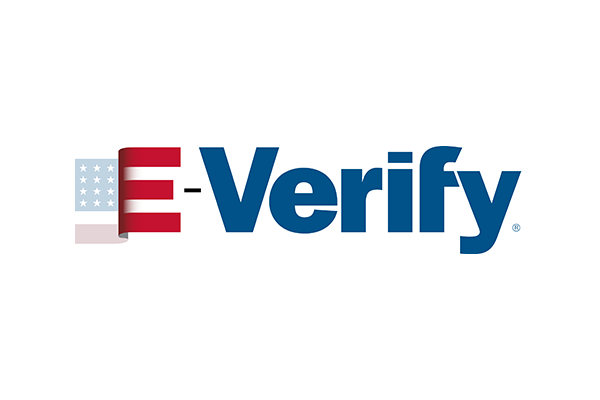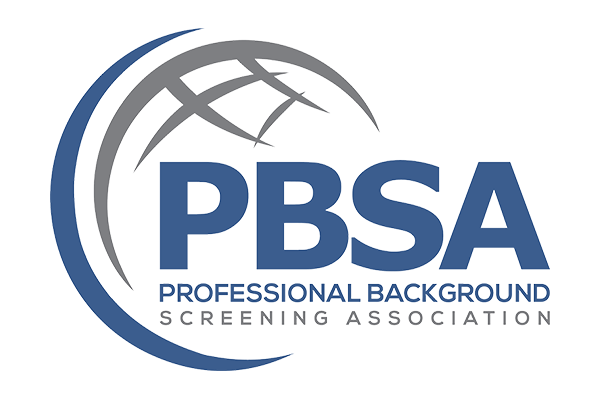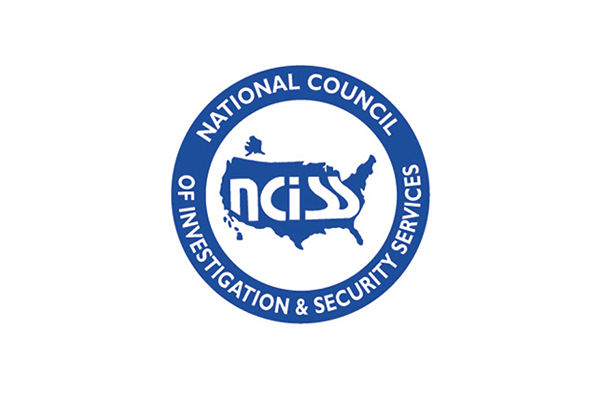Across the country, state and federal legislatures and regulatory agencies are expanding limits on the use of employment screening tactics...
For example, companies wanting to perform credit checks typically need to demonstrate how such screens are relevant to the particular position under consideration. Investigating driving records is usually only acceptable when operating a motor vehicle is among the job’s core responsibilities.
There also has been a notable trend toward restricting the use of criminal background checks in job applicant recruiting and screening. Driving this trend is the fear of discrimination; agencies ranging from the Equal Employment Opportunity Commission (EEOC) to the California Fair Employment and Housing Council (FEHC) have instituted new rules limiting the use of criminal background checks, and numerous jurisdictions have enacted so-called “Ban the Box” legislation that forbids screening for criminal histories until after a candidate has actually been considered for a particular position. In such instances, a business may not require that information as part of the initial application process.
In this environment, social media screening has emerged as a valuable tool for organizations of all types seeking to assess whether potential employees might pose unacceptable risks.
The Impact of Social Media in Employment Decision-Making is Growing
It is common to hear that job seekers receive advice from peers to be very cautious with their use of social media. This is in part because of stories about how personal social media posts have cost some employees their jobs and caused some others not to be hired. In these instances, the posts in question typically include illegal activity, violation of company policy, violation of company or customer privacy, threats of violence, words of prejudice, and other items that negatively impact the employer’s name and brand. If a current employee is alleged to have done something wrong or is suspected of doing something against company policy, then a social media investigation may be warranted.
Detecting such information before a hiring decision is made can reduce the threats of lawsuits, safeguard brands and company reputations, and even protect employees, contractors and customers from harassment and even physical harm.
At the same time, employers need to exercise caution in monitoring an employee’s usage of social media. Employers need to respect employee privacy. Employers should not be requesting login passwords for social media accounts or email accounts. In the instances where employers have overstepped these boundaries, the legal system has established case law to protect employees in current and future situations.
Maintaining a Compliant Background Screening Process
When looking at job applicants and pre-employment screening, the EEOC standards and federal, state, and local laws always apply. This means that protected classes as identified by lawmakers and the EEOC are always protected, regardless of whether or not social media is considered. This is a gray area, because employers need to consider both non-discriminatory hiring practices and non-negligent hiring practices.
Simply “Googling” an individual’s name could expose an organization and its employees to severe legal penalties. This is why organizations should not let the hiring manager conduct the screening. To conduct an effective online investigation without putting the company in legal jeopardy, the best option is to use a third-party screener with a full understanding of all local, state, and federal regulations. A well-qualified social media screening firm can perform a search more efficiently, thoroughly, and legally than can be done by in-house staff.
CIC Conducts Compliant Social Media Background Checks
CIC conducts social media background checks as a part of both its employment screening and investigative services.
CIC will conduct a social media search to help employers investigate if a current employee is alleged to have done something wrong or is suspected of doing something against company policy. CIC will also conduct a social media search as appropriate for other investigations. CIC remains committed to staying in compliance with EEOC standards and federal, state, and local laws.
Let CIC demonstrate the steps of performing a social media search as a standalone search or in addition to your current background checks. We will also show you how our Employment Screening System saves you time while keeping you compliant with the FCRA.
Schedule a demo to learn more about the process ...
For more information about this article, or general Employment Screening Services, please contact us at 1.800.573.2201 / 419.874.2201.







